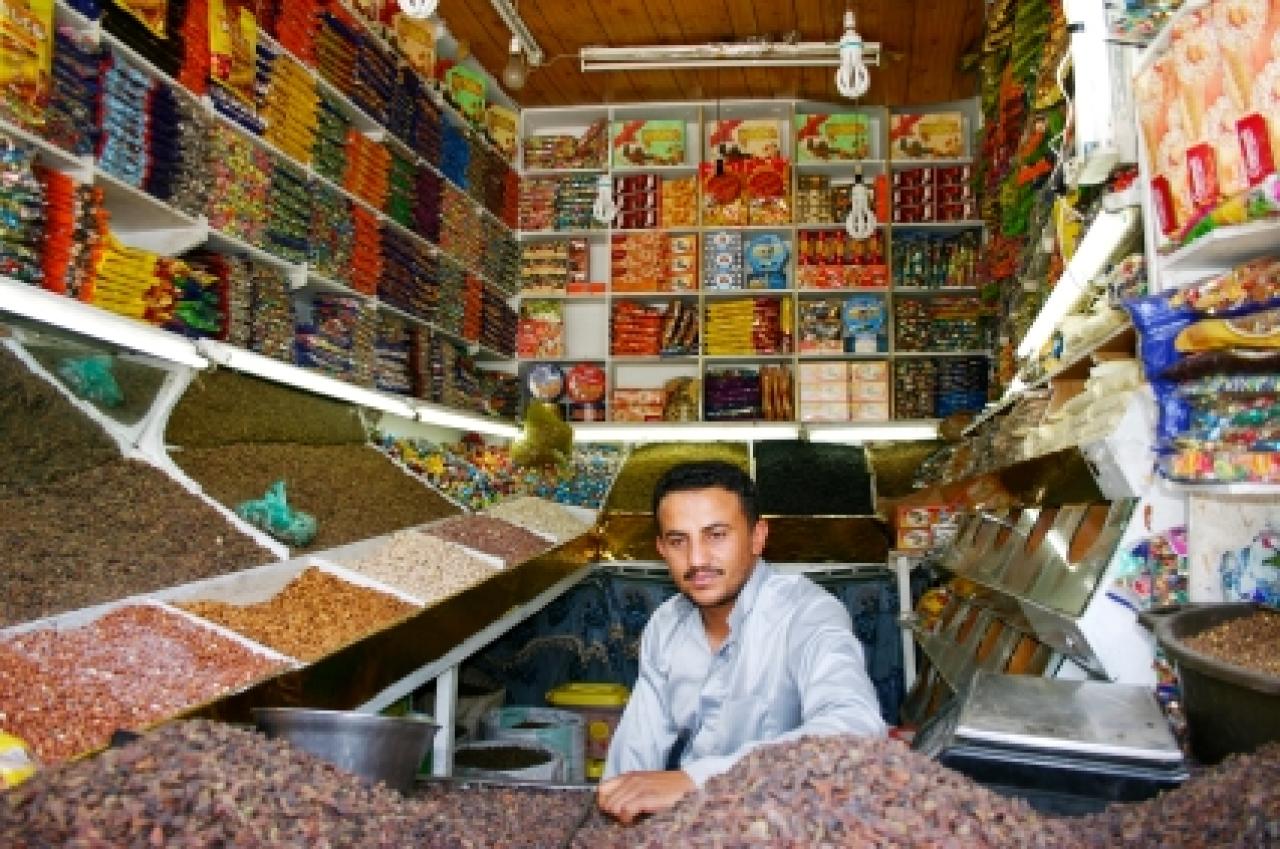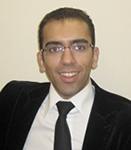
However, he found he was spending a great deal of time on all of them to achieve both his financial goals and fulfill his social responsibility. This July, he decided to leave his position as general-secretary of JEF to start up a social enterprise called Human Goodwill (HGW) “to prove that companies can be profitable, while making an impact on society.”

The organisation’s focus is the small suburban business with fewer than 10 employees – which also happens to be largely ethnic minority-owned. Small businesses are important growth engines for economies around the world, but lack of access to information,
resources and capital condemns many of these ventures to bankruptcy after a period of time. According to El Jarroudi, one in two small businesses folds up within five years.
“When you are a small company, you stay small,” El Jarroudi argues. “Our aim is to help small businesses grow into big businesses by providing them with training and connecting them with large corporate buyers. I want to make the owners CEOs, not just entrepreneurs.”
Jeunes Entrepreneurs refers small businesses to HGW and also equips them with business training and resources to improve their chances of success.
A diverse supply base can mean access to new markets and innovative ideas with which to compete. EADS, the parent company of Airbus, has appointed Human Goodwill to develop a programme for the firm. Although it already has a supplier base, EADS has opened up its supplier network to include small enterprises and is initially implementing the programme in the procurement of non-strategic products. KPMG partners HGW by helping to analyse processes and with the implementation of the programme.
HGW hopes to place some 100 small businesses in supplier diversity programmes in the first year. Currently it has two consultants and an event manager on staff. It now plans to recruit an assistant and one other consultant.
"HGW is a consulting firm. We should be profitable in about a year after putting all the tools and people in place, as we don’t have huge overheads such as offices and marketing programmes to maintain,” El Jarroudi says.
Speaking of the ethos of the company, he adds: “We don’t want to just sell a consultancy; we want to build a long-term relationship with corporations to help them identify good suppliers, train supplier diversity managers, organise specific events, and audit their organisation and results.”
Why the name ‘Human Goodwill’? ‘Goodwill’ in business terms is defined as an intangible asset which provides a competitive advantage such as a strong brand or reputation. “Our goal is to develop and increase the company’s human assets,” explains El Jarroudi.
He believes that companies in France are ready for something new in CSR. However, many are cautious, and fear of failing prevents them from innovating. They would rather have someone else try something new.
As a pioneer in supplier diversity implementation in France, HGW’s challenge is to convince French corporations that the initiative is not only the right thing to do – that is, being socially responsible – but it is also a smart thing to do because there are financial benefits, opportunities for innovation and it is consumer-oriented. El Jarroudi believes that with the changing demography in France, every corporation should integrate diverse suppliers in their supply chain to create a profile which resembles that of their customers. "We face a huge challenge but I believe corporations will soon realise the need for such an initiative. It is not only CSR, it is also business!"
Even as Human Goodwill’s processes are being put in place, the restless entrepreneur hints that he is about to set up yet another organisation: a B2B-oriented association of diverse entrepreneurs.
Majid El Jarroudi recently took part in the INSEAD Social Entrepreneurship Programme at the school’s Europe campus in Fontainebleau. The audio of his presentation to the 19th INSEAD Alumni Executive Sustainability Roundtable can be accessed here.
-
View Comments
-
Leave a Comment

No comments yet.